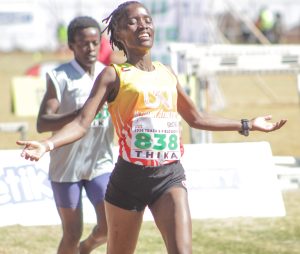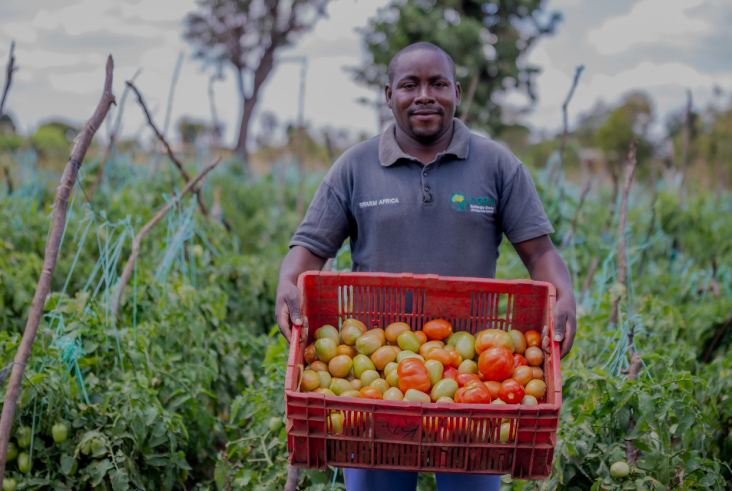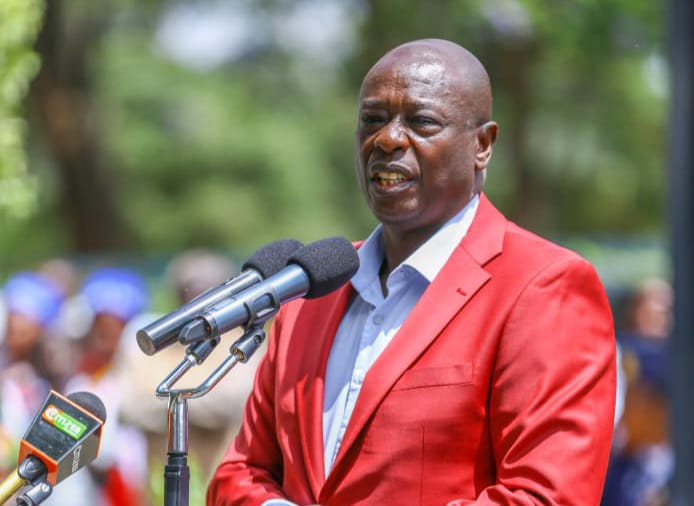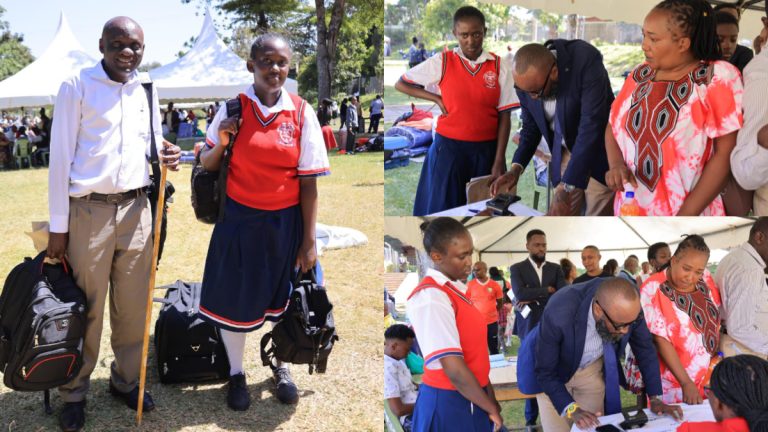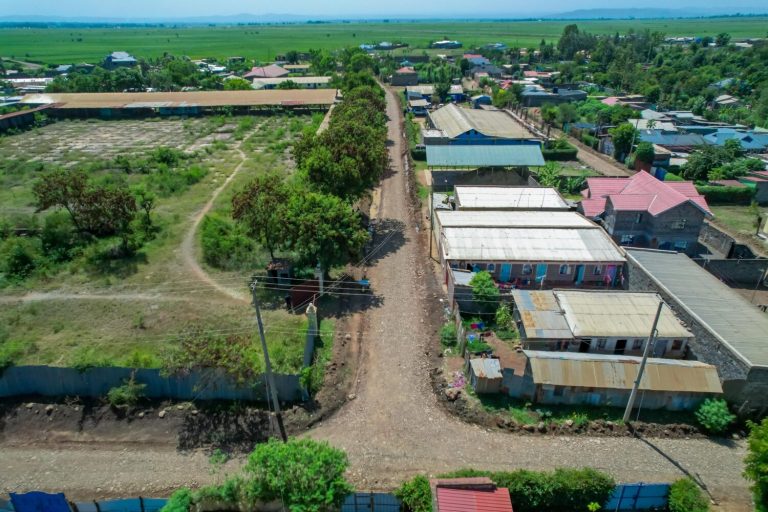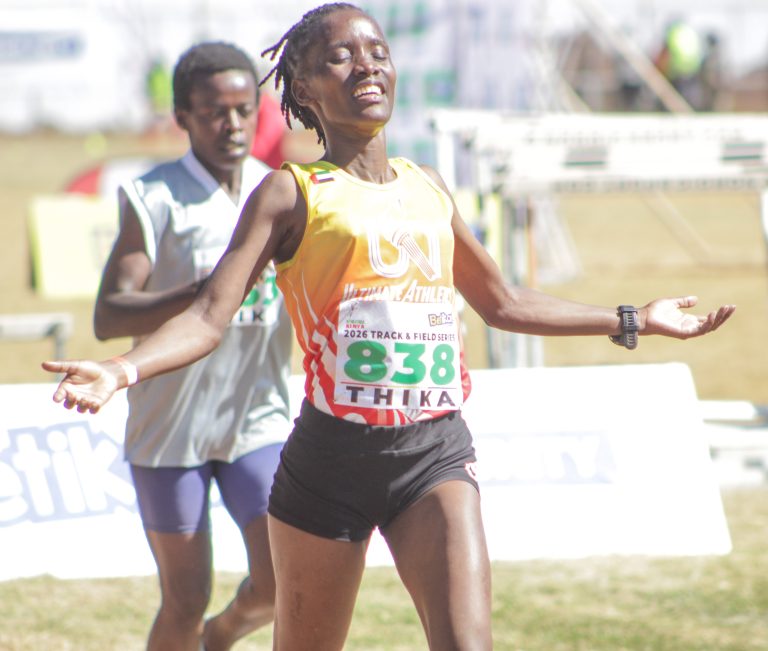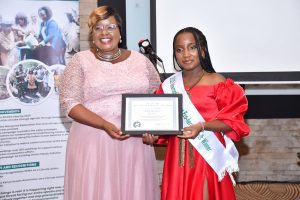In the drylands of Embu and Tharaka Nithi counties, a revolution is taking root.
A new report shows that smallholder farmers are recording gains in yields, incomes and resilience to climate change — all thanks to the Strengthening Regenerative Agriculture in Kenya (STRAK) project.
The initiative, funded by the IKEA Foundation through Alliance for a Green Revolution in Africa (AGRA) and implemented by Farm Africa, is helping over 50,000 farmers embrace regenerative techniques that restore soil health, conserve water and boost profits while safeguarding the environment.
“Our farmers are proving that sustainability and profitability are not mutually exclusive,” said Mary Nyale, Farm Africa’s country director for Kenya. “They’re growing more food, earning better incomes and protecting the ecosystems they depend on.”
Big returns from small changes
The results are striking. In Tharaka Nithi county, regenerative maize farming has delivered a benefit-cost ratio of 5.0 — every shilling invested returns five in value.
In Embu, farmers using similar methods are generating net benefits exceeding Sh211,509 per hectare. Practices such as mulching, manure application and fertiliser microdosing are driving these outcomes.
But the gains go beyond staple crops. Many farmers are diversifying into beekeeping, indigenous poultry keeping and agroforestry. Beekeeper Mati Mwasia, for example, has boosted his honey harvest from 20kg to 50kg and now mentors more than 300 local farmers.
Meanwhile, 27-year-old Godfrey Kirimi has doubled his tomato yields and expanded into a six-acre agribusiness that employs over 30 people.
From farms to policy
STRAK’s impact is not limited to individual households. By working hand-in-hand with county governments and local institutions, the project is embedding regenerative agriculture into county development plans, creating pathways for long-term change.
Already, 76 per cent of farmers in target areas have adopted regenerative practices, supported by a network of Village-Based Advisors who provide hands-on training and connect farmers to markets.
As climate change continues to batter traditional farming systems, STRAK offers hope — showing that environmentally friendly practices can also be profitable. Its success has positioned it as a model for sustainable rural development that could be replicated across other arid and semi-arid regions of Africa.
Farm Africa, the charity spearheading the project, has long championed farming in harmony with nature. Its vision is clear: increasing yields must go hand in hand with restoring ecosystems and biodiversity.
In eastern Kenya, that vision is no longer theory — it is lived reality.
by GILBERT KOECH



